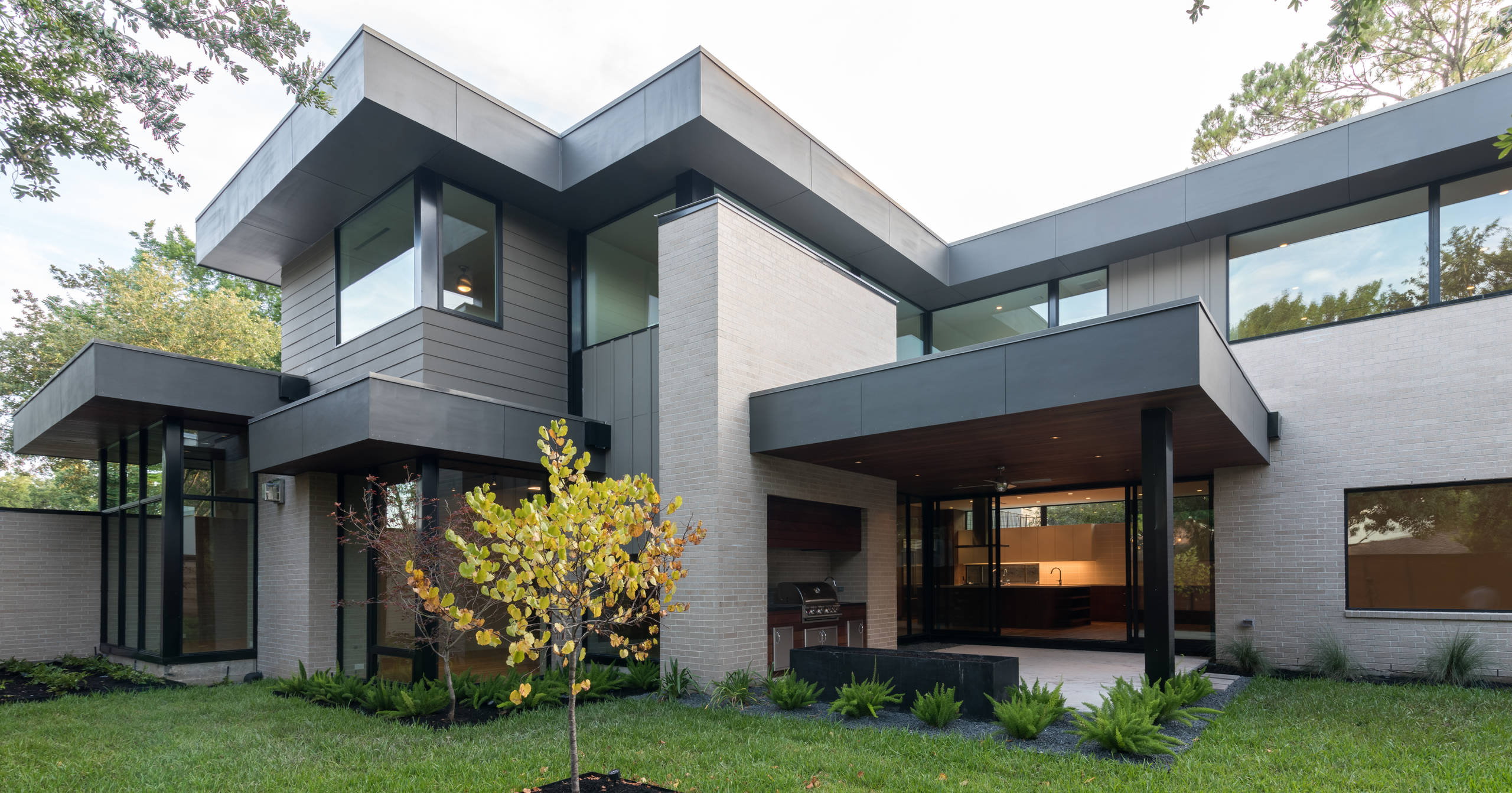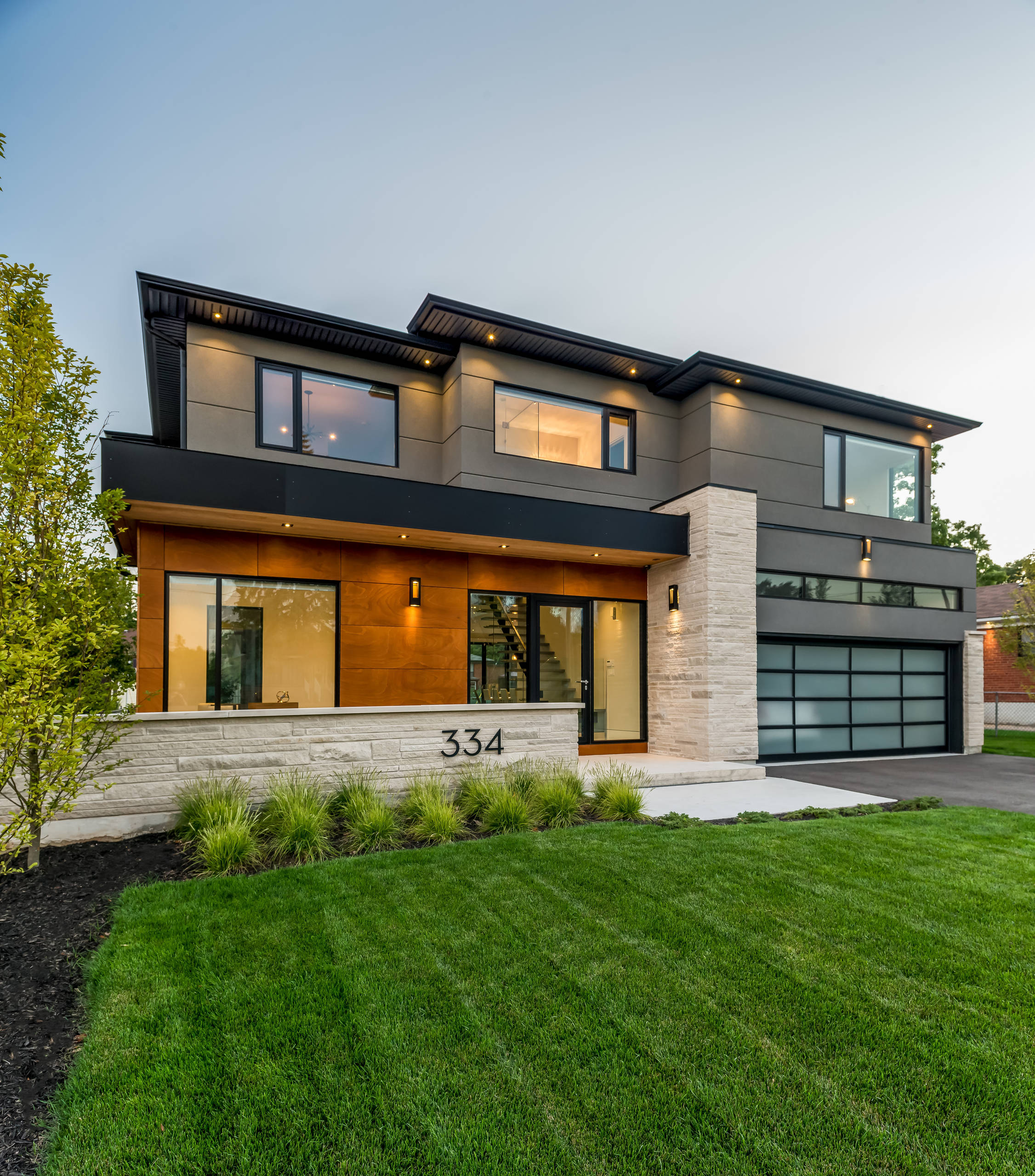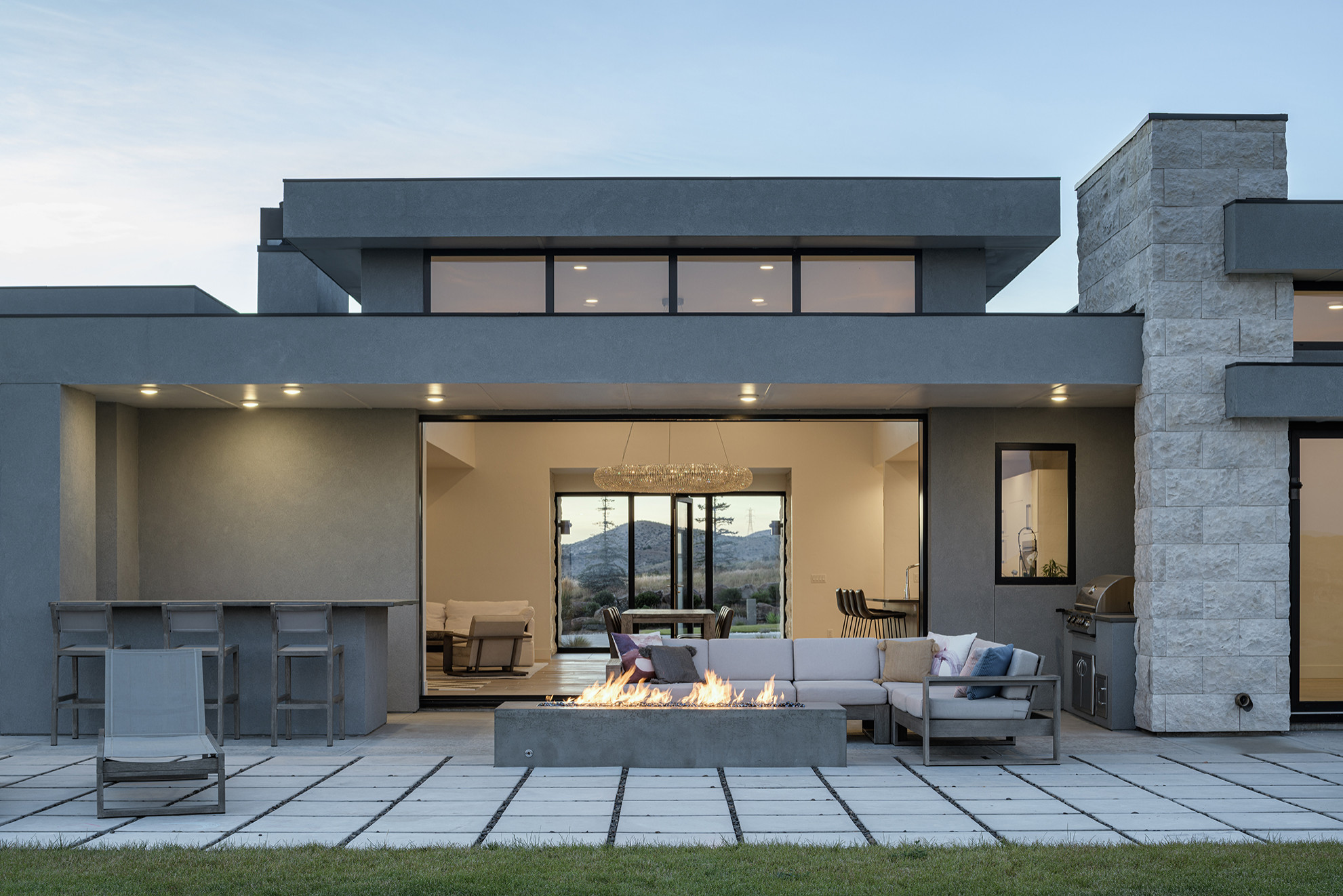The Enduring Allure of Grey: A Modern house Narrative
Grey, once considered a mere neutral backdrop, has ascended to become the defining color of modern interior and exterior design. Its versatility, sophistication, and ability to create a calming yet impactful atmosphere have cemented its place in the contemporary home. This 3000-word exploration delves into the multifaceted world of grey in modern house design, examining its diverse applications, psychological impact, and the nuances that make it a timeless choice.
Grey is not a monolithic entity. It encompasses a vast spectrum of shades, each possessing unique characteristics. From the cool, crisp tones of dove grey to the warm, inviting hues of greige, the possibilities are endless. This range allows for remarkable flexibility, enabling homeowners to tailor their spaces to reflect their personal style and desired ambiance.
The Psychology of Grey: Calm, Sophistication, and Balance

Grey’s popularity stems from its ability to evoke a sense of tranquility and balance. It provides a neutral canvas that allows other colors and textures to shine, preventing a space from feeling overwhelming. This inherent calmness makes it ideal for creating serene living spaces, bedrooms, and even home offices.
The Modern Grey Palette: From Light to Dark
Light Greys (Dove, Pearl, Silver): These shades create an airy, spacious feel, perfect for smaller rooms or areas with limited natural light. They reflect light effectively, brightening the space and contributing to a sense of openness.
The use of grey extends beyond interior walls, playing a significant role in modern architectural design.
Exterior Facades: The Modern Statement

Grey exteriors, whether rendered, clad in stone, or painted, project a contemporary and refined aesthetic. They blend seamlessly with natural surroundings while maintaining a distinct modern edge.
Concrete and Stone: These materials, naturally grey, are central to modern architectural design, emphasizing clean lines and a minimalist aesthetic.
Interior Spaces: Creating Cohesive and Stylish Environments
Inside the home, grey acts as a unifying element, creating a cohesive and stylish environment.
Living Rooms: Grey walls, paired with plush textiles and natural wood accents, create a warm and inviting living space.

The interplay of grey with different materials adds texture and depth to a space, enhancing its visual appeal.
Concrete: The Quintessential Modern Material
Polished, poured, or formed, concrete’s inherent grey tones are synonymous with modern design, adding an industrial chic element to both interiors and exteriors.
Stone: Natural Variation and Timeless Appeal
Grey stone, such as slate, granite, or limestone, brings natural variation and texture to a space, adding a touch of organic beauty.
Wood: Warmth and Contrast
Grey wood finishes, whether stained or painted, offer a warm and inviting contrast to other grey elements, adding a sense of natural texture and depth.
Textiles: Softness and Comfort
Grey textiles, such as wool, linen, and velvet, add softness and comfort to a space, balancing the coolness of grey walls and surfaces.
Lighting plays a crucial role in enhancing the mood and ambiance of a grey space.
Natural Light: Maximizing Brightness
Light greys reflect natural light effectively, making them ideal for rooms with limited windows. Maximizing natural light through large windows and skylights enhances the brightness and openness of a grey space.
Artificial Light: Creating Warmth and Ambiance
Warm artificial lighting, such as incandescent or LED bulbs with a warm color temperature, can prevent a grey space from feeling cold or sterile. Layering different types of lighting, such as ambient, task, and accent lighting, adds depth and dimension to the space.
While grey provides a neutral backdrop, it also allows for the introduction of color accents to add personality and visual interest.
Warm Accents: Bringing in Comfort
Warm colors, such as mustard yellow, burnt orange, or terracotta, add a sense of comfort and coziness to a grey space.
Cool Accents: Creating Contrast
Cool colors, such as teal, navy blue, or emerald green, create a striking contrast with grey, adding a touch of drama and sophistication.
Metallic Accents: Adding Shine and Glamour
Metallic accents, such as gold, brass, or copper, add a touch of shine and glamour to a grey space, elevating its aesthetic.
Grey’s adaptability makes it suitable for a wide range of interior styles.
Minimalist: Clean Lines and Simplicity
Grey’s simplicity and understated elegance make it ideal for minimalist interiors, emphasizing clean lines and uncluttered spaces.
Industrial: Raw Materials and Urban Chic
Grey’s association with concrete and metal makes it a natural fit for industrial interiors, highlighting raw materials and urban chic.
Scandinavian: Light and Airy Spaces
Light greys are central to Scandinavian design, creating bright and airy spaces that emphasize natural light and simplicity.
Contemporary: Modern Elegance
Grey’s versatility allows it to be incorporated into contemporary designs, offering a sophisticated and timeless aesthetic.
Grey’s enduring relevance in modern house design stems from its ability to adapt to evolving trends and personal preferences. Its versatility, sophistication, and calming influence ensure that it will remain a staple in interior and exterior design for years to come. As design trends evolve, grey will continue to be reinterpreted and reimagined, maintaining its position as a timeless and versatile color choice.
In conclusion, the modern house narrative is inextricably linked to the enduring allure of grey. Its multifaceted nature, psychological impact, and ability to create harmonious and stylish environments have solidified its place as a cornerstone of contemporary design. From the minimalist elegance of light greys to the dramatic depth of dark greys, this versatile color continues to shape the modern home, offering a canvas for personal expression and timeless sophistication.



